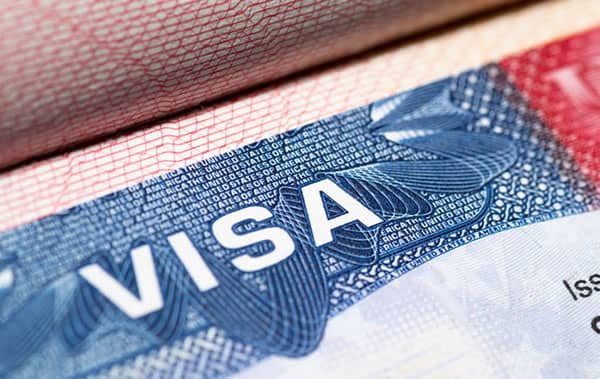
I am considering a visa through a job or an investment in the US: Will my spouse get a work authorization?
By Maud Poudat | US Immigration Attorney
Posted: June 1, 2016
Not only moving to the United States is a tremendous change for the main visa-holder, but also for his or her family. Therefore, one of the most immediate question you will be asking when considering a new professional situation in this country is whether your spouse will be allowed to get a work authorization once you get there.
Unfortunately, we have to advise you that there are very few visas which will allow your spouse to get the appropriate documentation…
Visas which allow spouses to be granted work authorization
The main category of visas which allow the spouse of the main visa holder to get a work authorization (or Employment Authorization Document – EAD) are the investors visas. Whether you are considering an essential employee visa (E2 treaty investor or E1 treaty trader), or an intra-company transferee visa (L1), your spouse will be allowed to apply for the work authorization (I-765 Form).
Apart from those investors visas, the only other one which will allow your spouse to work is the J1 visa for exchange programs: J2 dependents are entitled to work authorization but that is an exception among temporary visas.
Visas which do not allow spouses to be granted work authorization
If you do not come to the US as an investor, you will most likely be granted a visa based on your specific competences and/or which will grant you admission in the US in order to perform a specific work or mission.
For skilled employees and specialists in their fields, the most common visas considered are either the H1B or the O1, which generally do not allow the spouse of the main visa holder to obtain a work authorization (EAD).
The same rule applies to the spouses of athletes and entertainers (P Visa), media and religious representatives (I and R Visas), as well as non qualified workers’ (H2A and H2B Programs) and NAFTA spouses.
What are the possible solutions if my visa doesn’t allow my spouse to get a work authorization?
If you fall in one of the visa categories which do not allow your spouse to get a work authorization or EAD, the main solution will be for your spouse to find an employer who will apply for a work visa for him or her. This procedure can take several months, since the employer will have to build the case and comply with all the steps pertaining to an application for a work visa.
Another solution to get a work authorization to your spouse is to get the permanent residency, i.e. Green Card. Although temporary visas cited above do not usually allow their holders to apply for it, the American Immigration Law provides for a few exceptions (see “Concept of Dual Intent“).
What matters here is that even before getting the Green Card, while the application is in process, the spouse of the applicant can get a work authorization. For example, one of those few exceptions is the spouse of an H1B visa holder who applied for permanent residency and got his/her I-140 petition for Alien worker approved or has been granted extension to authorized stay beyond 6 years under AC21 Act.
Finally, your spouse can pursue further education in the US under an F1 Visa, and by doing so be allowed to work (but no more than 20 hours a week with added restrictions).
Because each family has its own expatriation plan, those solutions have to be considered in regard to each individual situation and wish. That is why we strongly recommend that you seek assistance with an experienced Immigration Lawyer, who will have the necessary overall vision to advise you best according to your specific needs.